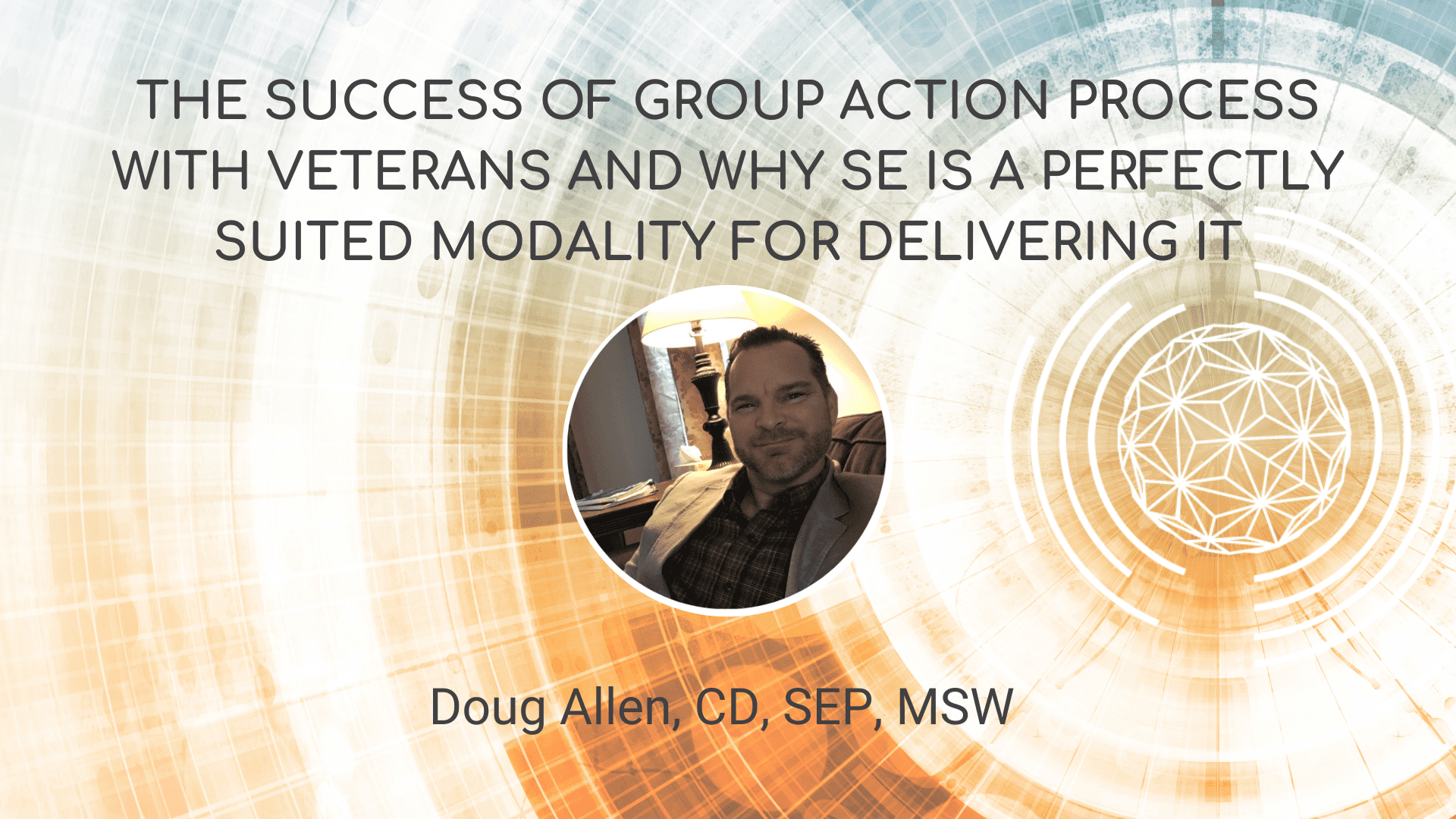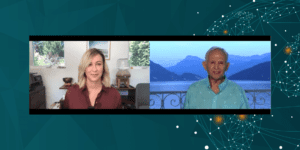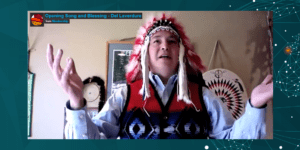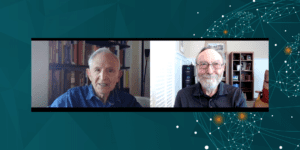The Success of Group Action Process with Veterans and why SE is a perfectly suited modality for delivering it – Doug Allen, CD, SEP, MSW

Description
| Military service veterans have unique challenges in mental health due to their service, which not only requires them to adopt their occupational culture, but also immerses them into many highly contrasting cultures in the execution of their duties. Research suggests that this population is nearly twice as likely to report experiences of trauma and to meet criteria for PTSD compared to the general population and suggests that traditional therapeutic approaches involving ‘talk-therapy’ are lacking in their ability to meet the needs of this population. As a result, these populations tend to isolate and form subgroups where they take care of each other, despite not having the tools to create meaningful repair. This phenomenon speaks to the inherent need for socialization in the healing process. This research will examine the efficacy of peer group action processing as formalized through the Veterans Transition Network, using both narrative and Therapeutic Enactment (TE) to allow the participants to move through their traumas together to affect positive change. Particular Emphasis will be made on the inner mechanics of the approaches and how SE is particularly well suited to be the leading modality of these interventions. This has the potential for leading the framework for SE in group process facilitation.Learning Objectives 1. To understand the bio/neurological processes of working in group that are complimentary to SE 2. To see how SE approaches can directly facilitate the intended outcomes of both the Narrative and TE interventions of the Veterans Transition Program 3. To gain a new understanding of how SE can be used in process groups 4. To introduce the Potential for a highly symbiotic relationship between TE and SE1 hour 13 minutes long |
$17.99




